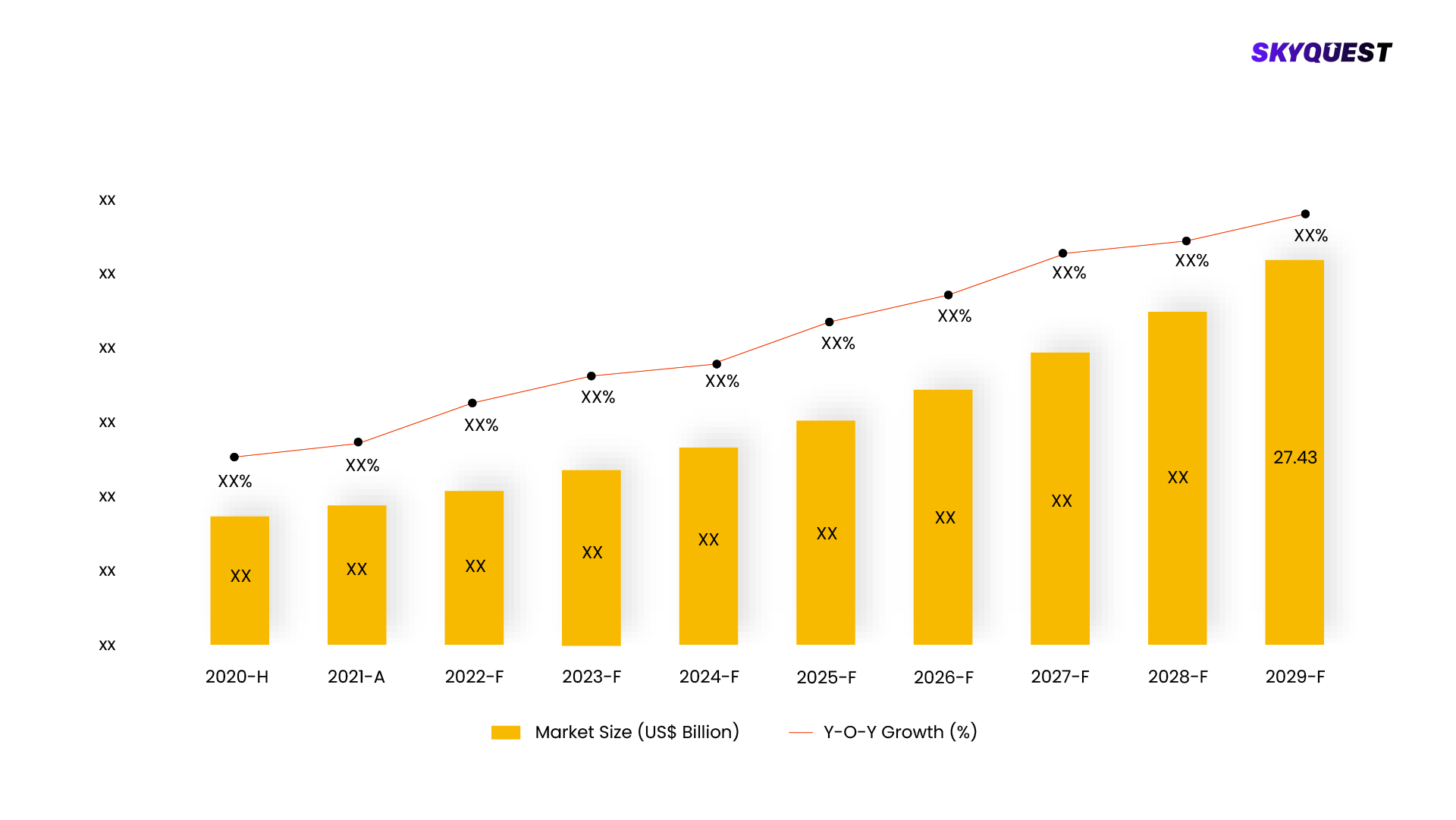
Product ID: UCMIG25P2009

Report ID:
UCMIG25P2009 |
Region:
Global |
Published Date: Upcoming |
Pages:
165
| Tables: 55 | Figures: 60
"The global smart stadium market was worth USD 5.62 billion in 2018 and is expected to grow at a CAGR of 20.9% during the forecast period. In recent years, the sports industry has seen a number of changes. Technical advancements in both developed and emerging economies, as well as the growing sports league culture in developing countries, are projected to open up significant business opportunities for providers of smart stadium systems. The use of the smart stadium's integrated solutions enables venues to better serve the requirements and expectations of athletes, fans, and medical staff.

This report is being written to illustrate the market opportunity by region and by segments, indicating opportunity areas for the vendors to tap upon. To estimate the opportunity, it was very important to understand the current market scenario and the way it will grow in future.
Production and consumption patterns are being carefully compared to forecast the market. Other factors considered to forecast the market are the growth of the adjacent market, revenue growth of the key market vendors, scenario-based analysis, and market segment growth.
The market size was determined by estimating the market through a top-down and bottom-up approach, which was further validated with industry interviews. Considering the nature of the market we derived the Leisure Facilities by segment aggregation, the contribution of the Leisure Facilities in Consumer Services and vendor share.
To determine the growth of the market factors such as drivers, trends, restraints, and opportunities were identified, and the impact of these factors was analyzed to determine the market growth. To understand the market growth in detail, we have analyzed the year-on-year growth of the market. Also, historic growth rates were compared to determine growth patterns.
Our industry expert will work with you to provide you with customized data in a short amount of time.
REQUEST FREE CUSTOMIZATIONWant to customize this report? This report can be personalized according to your needs. Our analysts and industry experts will work directly with you to understand your requirements and provide you with customized data in a short amount of time. We offer $1000 worth of FREE customization at the time of purchase.

Product ID: UCMIG25P2009